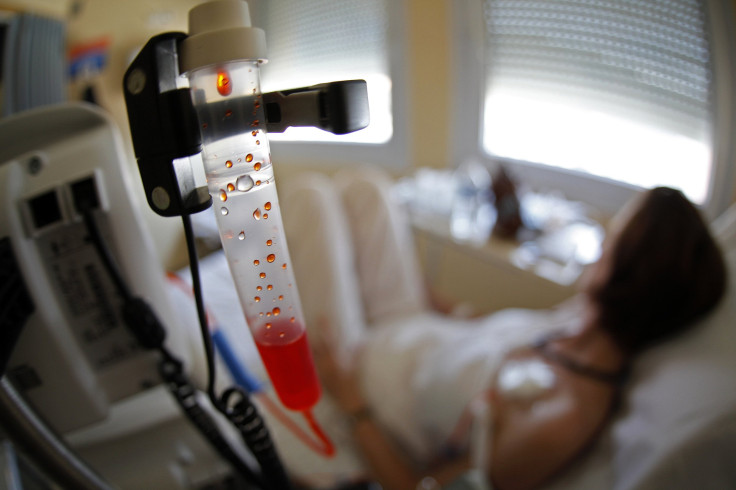'Jolie' breast cancer gene BRCA1 could contribute to cognitive impairment in Alzheimer's patients

A mutation in the BRCA gene, also known as the 'Jolie' gene, is known to increase the risk of ovarian and breast cancer. However, for the first time, a team of researchers has claimed that it may also be associated with the nerve death which ultimately leads to Alzheimer's disease.
In normal individuals, gene BRCA1 is responsible for preventing cancer and repairing DNA. However, people who carry a copy of the mutated gene, like famous actress Angelina Jolie, are at a greater risk of developing cancer because the gene did not function properly in them.
Scientists at the Gladstone Institute of Neurological Disease say that in addition to an impact on the development on cancer, mutated BRCA1 gene can also prevent nerve cells from repairing their DNA. The researchers concluded their findings in the journal Nature Communications, after observing that the levels of BRCA1 gene are also reduced in patients with Alzheimer's disease.
To confirm the role of BRCA1 gene in maintaining brain cell health, the researchers reduced the level of protein produced by the gene in mice. The team found that without the protein that triggers DNA repair, the accumulation of damaged DNA resulted in memory and learning problems in mice.
Since Alzheimer's patients also show similar symptoms, the study results made scientists wonder whether lack of BRCA1 protein leads to cognitive impairment in such patients. An anatomical analysis of the brain of the dead Alzheimer's patients later revealed that the level of the protein in some patients was reduced by up to 75 percent.
A separate study revealed that the level of BRCA1 protein falls rapidly in the presence of amyloid-beta. Amyloid-beta is a type of a plaque that gets accumulated in the brain of Alzheimer's patients.
“According to our study, deficits in DNA repair seem to contribute to the cognitive decline of Alzheimer’s disease,” said Dr. Lennart Mucke, director of the Gladstone Institute of Neurological Disease, reports The Telegraph. “That becomes an interesting strategy for potentially improving DNA repair as a way to treat the disease, something that has not yet been widely pursued.”
Contact the writer at feedback@ibtimes.com.au, or let us know what you think below.




















